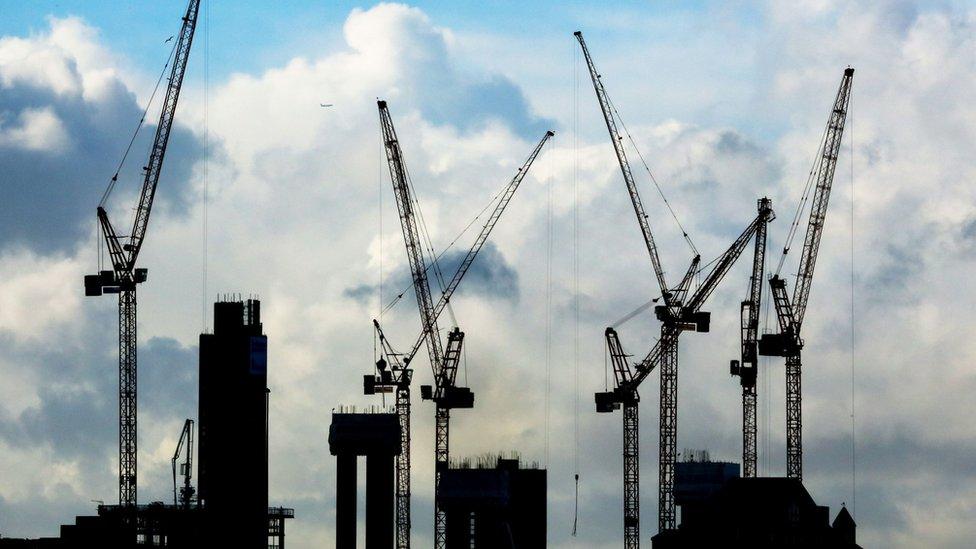Costs could stall London affordable homes - City Hall
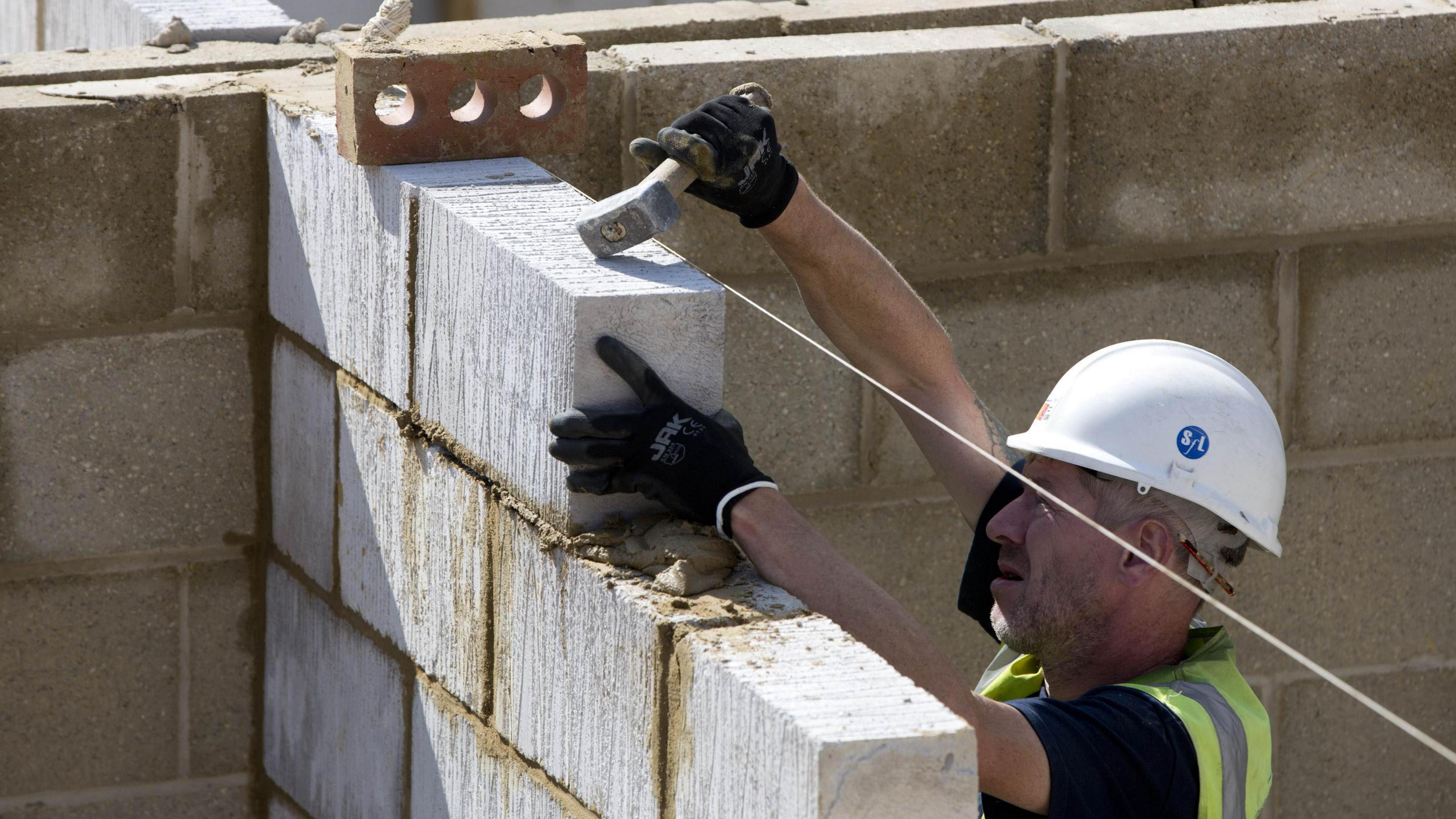
The capital needs £4.9bn from central government annually for the next five years, City Hall says
At a glance
The capital needs £4.9bn from central government annually for the next five years to reach targets, City Hall says
This year's affordable homes target is 25,000
Industry bodies say inflation and interest rates are affecting building
The government says London has received almost £10bn to address issues
- Published
The rising cost of construction could stall London's affordable homebuilding targets, the deputy mayor for housing has said.
Various costs have increased because of economic pressures, including construction and materials.
Tom Copley said that in the face of current economic pressures, London needed more year-on-year funding to reach City Hall's target.
The government said London had received almost £10bn to "address the issues preventing the market from delivering".
The mayor's office said the existing £8.9bn it had received so far from central government to build affordable homes had been allocated to be spent over a 10-year period.
Last year in London, building of 18,722 new affordable homes began, the largest number since records began.
This year's affordable homes target is 25,000, but the rise in inflation means various costs have increased, including a 17% rise in construction costs.
There are also rising material costs, such as steel, which is up 25%, and concrete, which has risen by 35%.
Because of this, Mr Copley said the capital needed £4.9bn from central government every year for the next five years, "in order to deliver at the scale that is required in London, according to the London Plan".
The mayor’s office said if the government gave City Hall this extra funding, it could reach its current target to build 43,000 affordable homes a year out of a total of 66,000 homes needed in the capital each year.
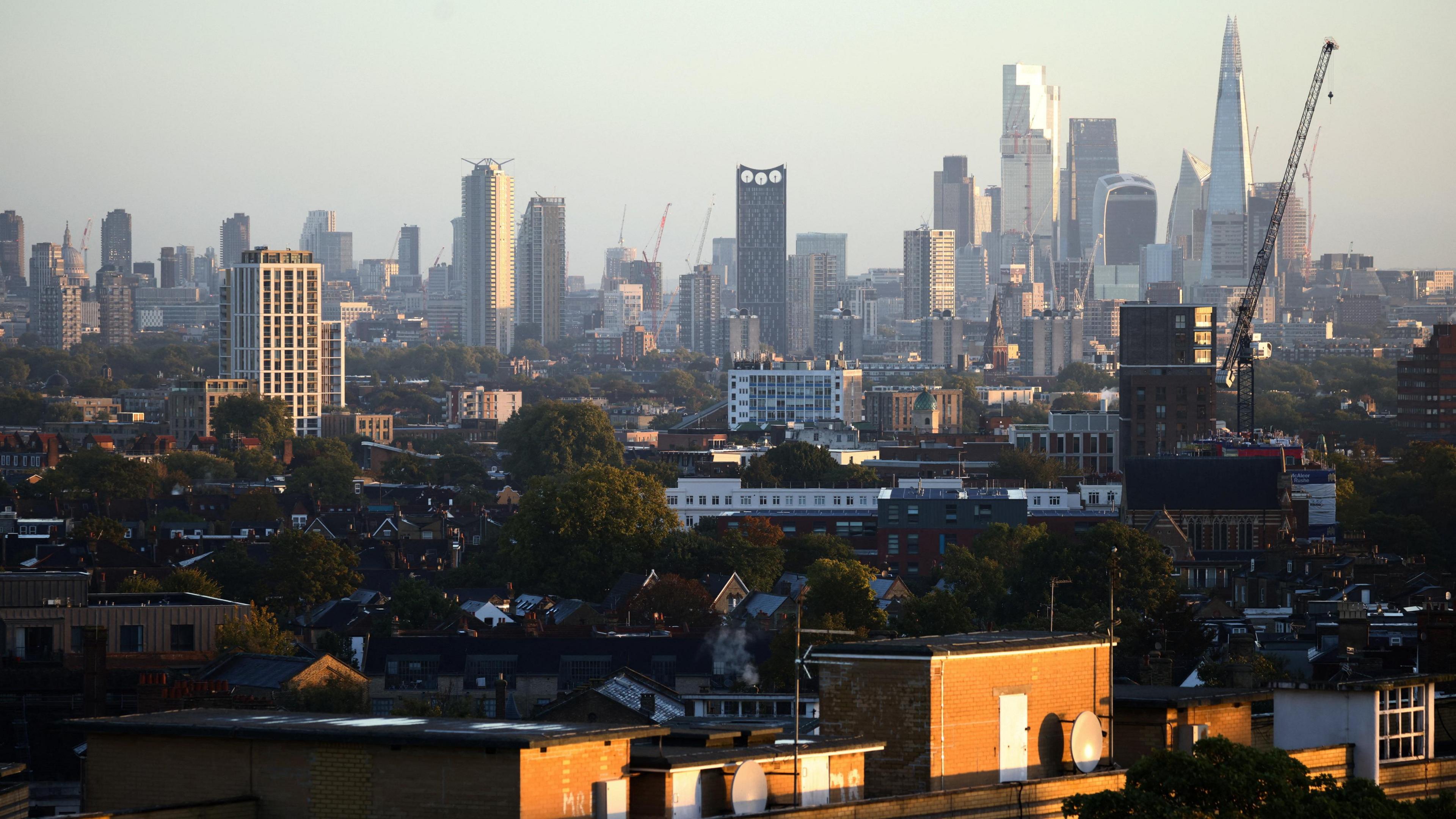
The construction industry says ongoing issues with prices, land competition and staffing are affecting building
The Federation of Master Builders, which represents small and medium sized building companies, said inflation and interest rates had caused their members to see up to a 300% increase on materials prices and increased borrowing costs.
It added this was on top of a skills and staffing crisis, as the number of EU workers reduced and 750,000 others were due to retire in 8-10 years.
The body said there were additional challenges in acquiring land, with a shortage of green field sites, which meant developers in the capital were often competing with companies wanting to use land for data centres or industrial kitchens.
Its London director, Sam Eden, said: "We're all borrowing the money, whether you're a builder or whether you're a private family trying to build a home, you are borrowing that money.
"As the rates go up, so do your costs, and with material prices as high as they've ever been, this is a major hurdle for builders and people to be able to build homes.
"The key area is people. We need builders to build these homes, and there has been a huge reduction in this number and that's continually falling."
A spokesperson from the Department for Levelling Up, Housing and Communities said: “Increasing the number of genuinely affordable homes is central to our levelling up mission and since April 2010 there have been 131,598 new affordable homes built in London.
“London is receiving almost £10bn to help address the issues preventing the market from delivering.
"These include programmes such as the affordable homes programme, land assembly fund and small sites fund.”
Follow BBC London on Facebook, Twitter and Instagram. Send your story ideas to hellobbclondon@bbc.co.uk
Related links
- Published14 November 2022
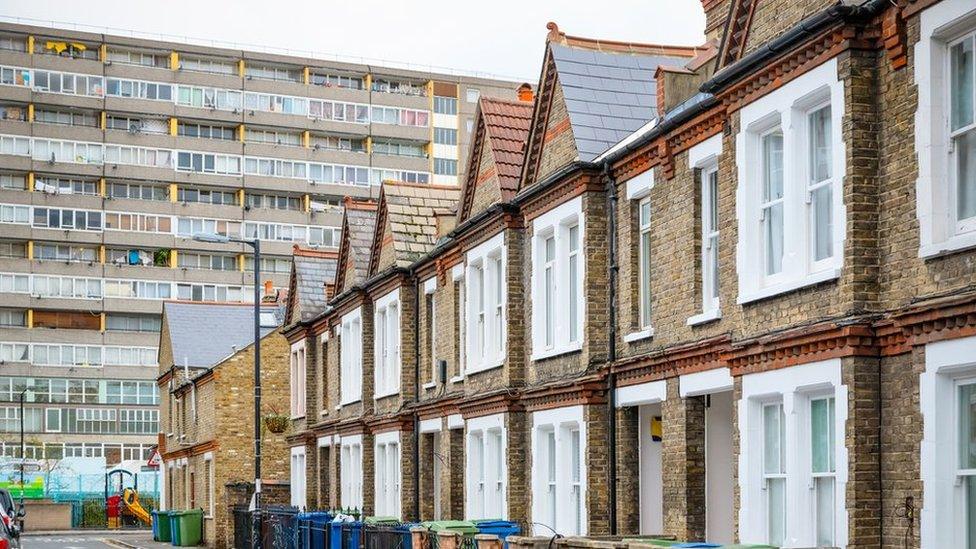
- Published18 October 2022
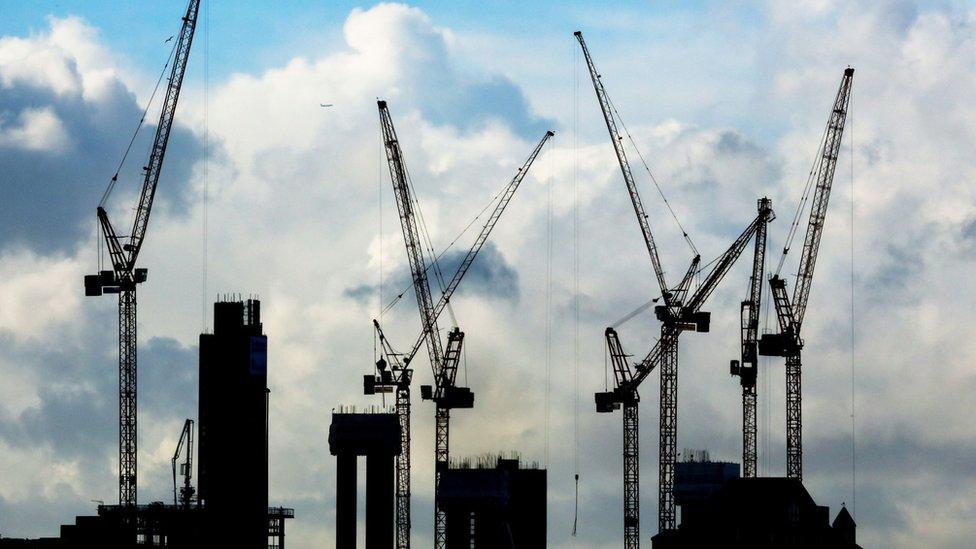
- Published4 March 2021
